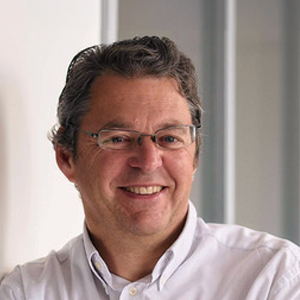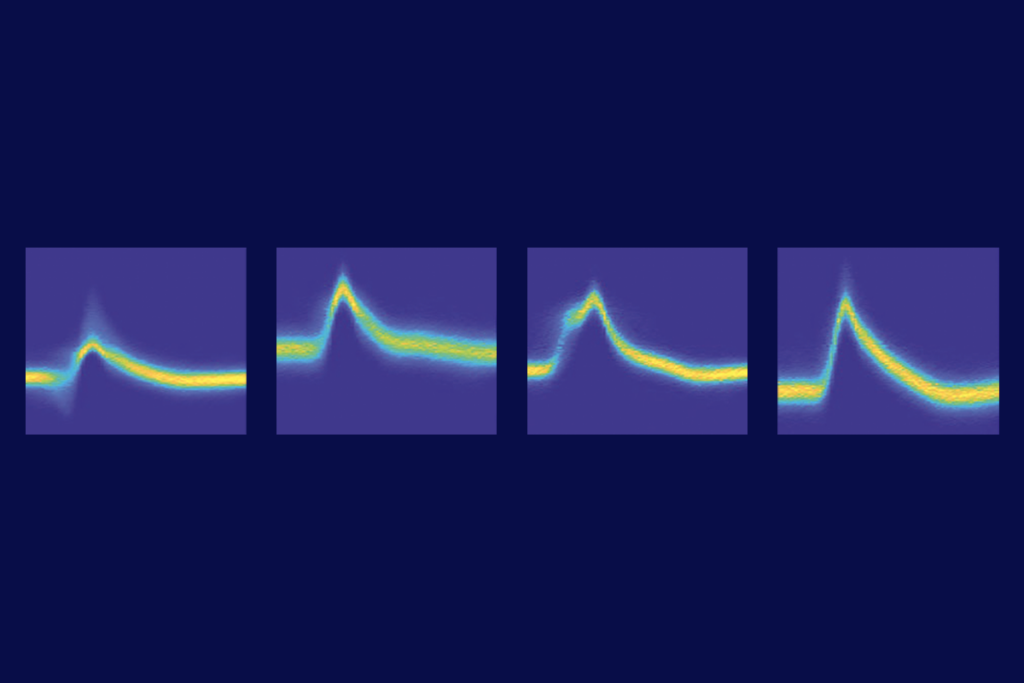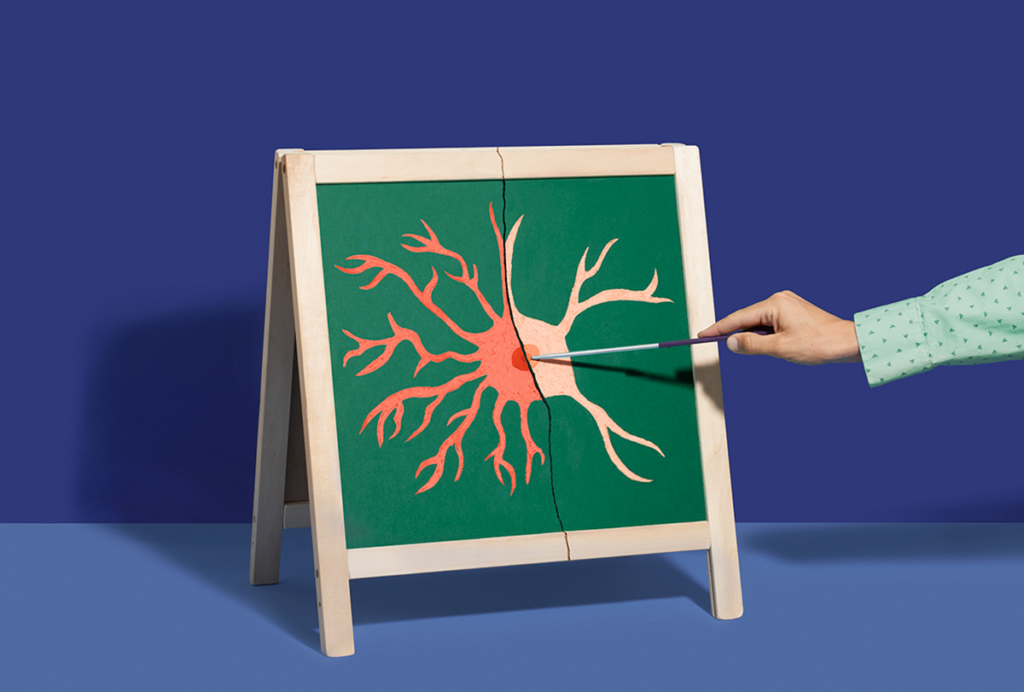Christophe Bernard is director of research at the Institute of Systems Neuroscience, INSERM U1106. His main interest is to understand brain dynamics in health and disease, with a focus on epilepsy.
He acts as a reviewing editor for Science Advances, and formerly for Science and the Journal of Neuroscience. He created and is the editor-in-chief of eNeuro, the online open-access journal of the Society for Neuroscience. eNeuro is designed to serve and educate the neuroscience community, promoting reproducibility, publishing negative results and sensitizing scientists to open science and better data interpretation with a focus on statistics and experimental bias.
Bernard obtained his Ph.D. in neuroscience from Pierre and Marie Curie University, did his postdoctoral research at the University of Southampton and spent a sabbatical at Baylor College of Medicine. He participated in the development of organic technologies to record and control brain activity, which earned him the Felix Innovation Prize, and in the development of the Virtual Mouse Brain.



